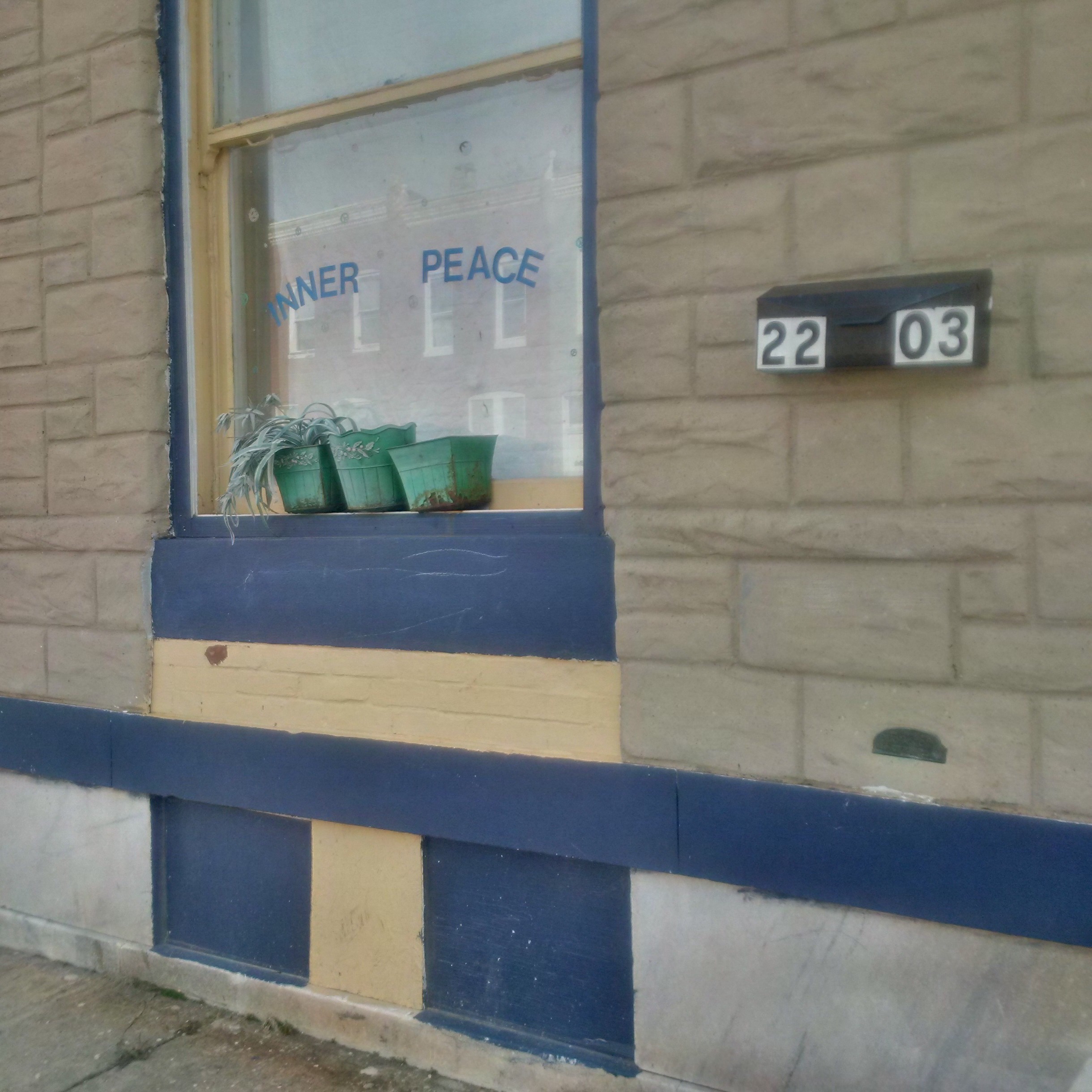The nature of neo-liberalism, the practice of capitalism, assures inequity in all forms: housing, income, education, recreation, health, transportation…and on and on. Why? Because those with more capital (assets, access to assets and resources to assure more assets, education, housing, income, land, decision-making) have the power to grow power unequally through exploitation of those without. This growth of power is enabled by government’s partnership with private capital fueled by its negligence of the public it is fabricated to serve-inequity.
Therefore the only way to move toward balancing this absurd and evidenced power imbalance is through programs and policies which seek to undo this norm of society. We are then always in a state of revolution: whether we are aware or not we are counter-culture if we agree that the current inequity between the rich and the poor is unjust. We are revolutionaries if we agree that government policies and programs grow power imbalance through public:private partnerships that enable private growth on the backs of the people via tax subsidies and tax evasion. When the growing debt of government is the reason used to cut programs to the public but subsidies to the rich are held up as ushering in economic growth for all, revolution must become synonymous with the breath-it is necessary for all to survive and thrive!
We have allowed ourselves to accept as normal this fuel and outcome of capitalism: neoliberalism and inequity. Are we okay with this or are we ready for shameless revolution in every small and large act? Below are several examples of methods and practices being used to challenge the status quo of big business growth, government-sanctioned subsidies to the powerful, and government neglect.
Enjoy and act!
Freddie Mac challenged in foreclosure in Boston
Freddie in Boston
Cutting through red tape to allow small business start-ups, for everyone?
Small business
Poverty as a disease and how big business causes illness through marketing
Poverty and illness
Black women, cancer, and inequity
Rich people don’t create jobs, consumers do
Tax the rich
A budget ahead of its time or finally?
A normal budget
Stipends/subsidies that grow power: from the bottom and from the top
Stipend changes poverty’s path
Tracking subsidies to the rich
Organizing for equity
Baltimore airport workers protest
Tenants take on landlords through advocacy and court
Baltimore and landlord exploitation


